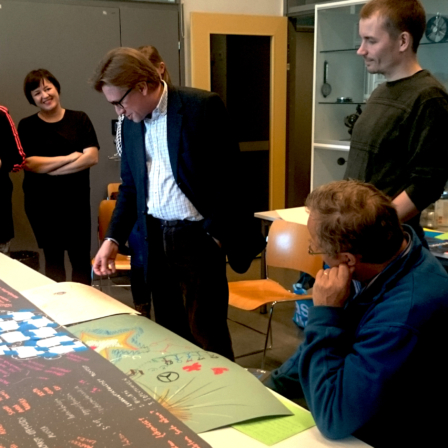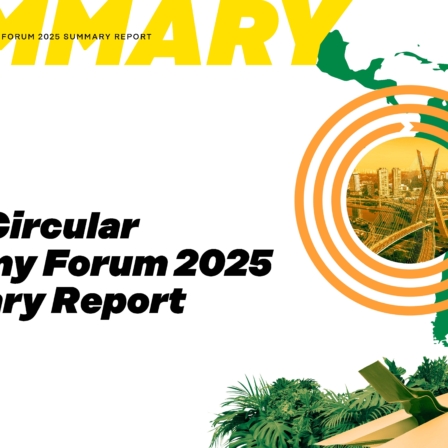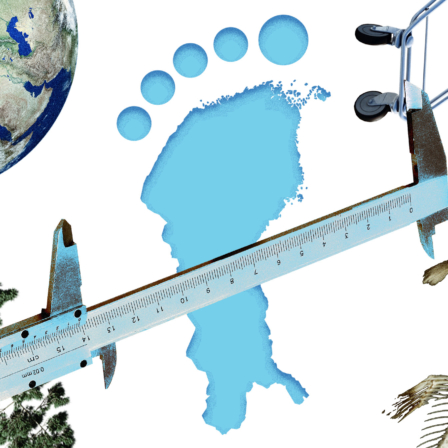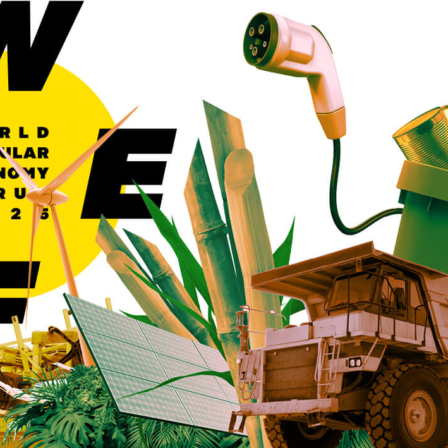Soon-to-be-available online course material will provide everyone with open access to basic information on climate change in an understandable format.
In recent decades, growing specialisation and rapid change have markedly increased the complexity and uncertainty of the world around us. Increasingly complex social problems also add urgency to our ability to see the bigger picture and the links and cause–effect relationships between various subjects. Climate change is one of these complex challenges.
The University of Helsinki, Lappeenranta University of Technology and Sitra also share this view and are currently producing an interdisciplinary basic course on climate change. The course material will be available free to everyone. Other participants in the project include the University of the Arts Helsinki and Metropolia University of Applied Sciences.
The basic idea is to offer university teachers the materials they need to create a course worth three to five credits and within the field they teach, which contributes directly towards a student’s degree.
“The goal is that every student graduating with a master’s degree will understand the basics of climate change,” says Laura Riuttanen from the University of Helsinki’s Department of Physics, who is in charge of co-ordinating the project. “It is inspiring to be involved in such extensive and important co-operation. We have already received a great deal of encouraging feedback.”
There is a huge need for a basic course on climate change. As stated in the report “Ilmastoalan yliopisto-opetuksen nykytila Suomessa” (“The current state of climate change education in Finnish universities”, available in Finnish only)”, commissioned by Sitra, many disciplines still lack courses on climate change, even though the subject touches on every field of study.
“All 15 Finnish universities included in the report offer climate education, but it is not reaching all students. Right now, we need to widen co-operation and education on climate change beyond subject-specific boundaries,” says Liisa Lahti of Sitra, who is working on the project.
The objective of preparing course material that is freely accessible to everyone is to reach audiences beyond university students and teachers. Anyone interested can study the materials online and create their preferred package by combining various lecture materials and learning assignments. The material will also include links to existing courses and portals, such as the website provided by the Finnish Meteorological Institute, the Finnish Environment Institute and Aalto University: climateguide.fi.
Putting it all together in multidisciplinary co-operation
The course content is devised through close, multidisciplinary co-operation involving physicists, engineers, biologists, art professionals, educationalists, students and university management staff.
“Climate change is the huge challenge of our time that affects all sections of society. We need a multidisciplinary approach that goes beyond traditional, subject-specific boundaries,” says Jukka Kola, Rector of the University of Helsinki. Professor Markku Kulmala, director of the Division of Atmospheric Sciences at the University of Helsinki, adds: “We are putting together a modern course that will enhance people’s general knowledge of the subject, while providing a deeper understanding of climate change and encouraging them to change their ways”.
Anneli Pauli, the Rector of Lappeenranta University of Technology, finds the co-operation motivating: “Climate change has been on the curriculum at Lappeenranta University of Technology for many years, and this is an opportunity to deepen the content by adding perspectives to it from natural and social sciences. The project is also an excellent flagship for the digitisation of education.”
Kola agrees with Pauli that the co-operation has been a positive experience: “In the long run, we can only hope that this initiative serves as a platform for even broader co-operation between universities in providing climate education in Finland. This is in our common interest, given the growing need for experts and problem-solvers, both in and beyond Finland, who are familiar with this theme.”





















Recommended